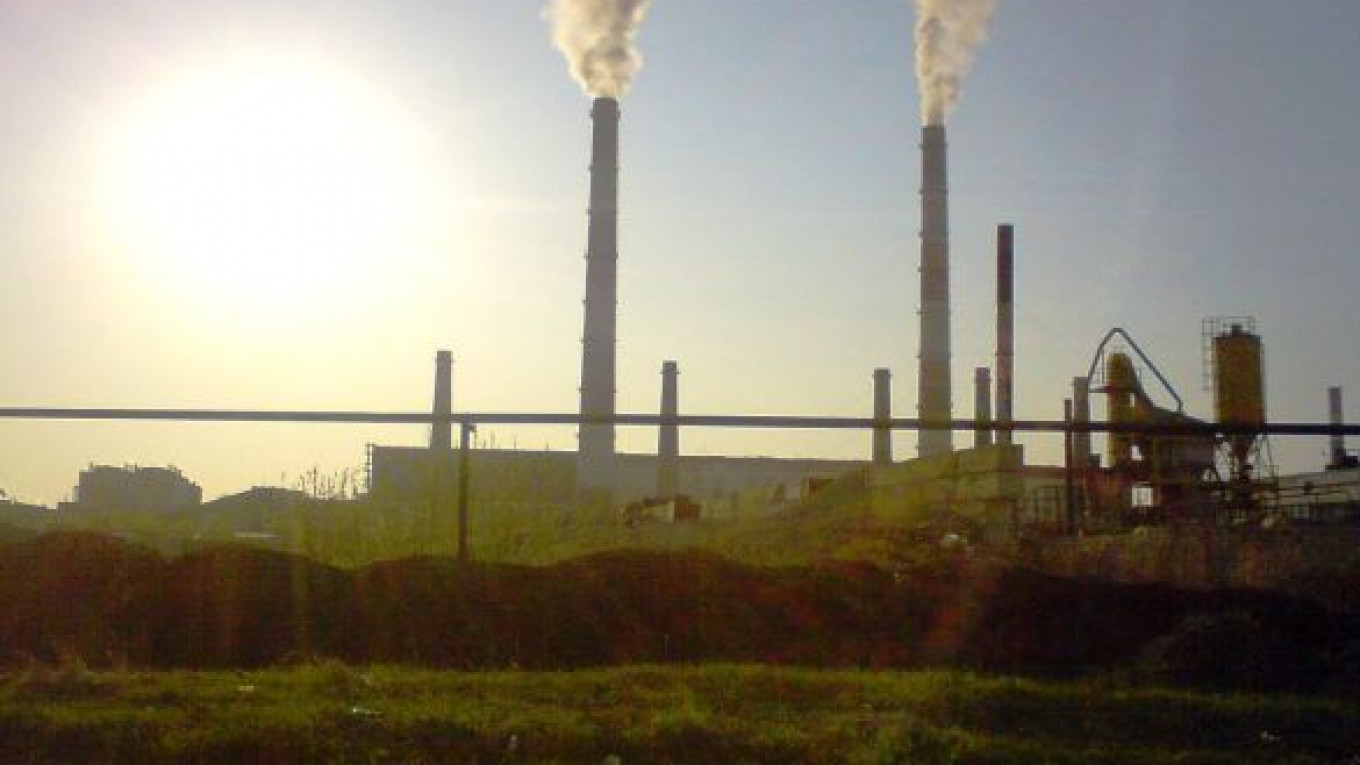Stagnation in the commodities market is forcing aluminum giant RusAl to cut costs by reorganizing the company’s plant in Volkhov and possibly freezing production at four other facilities, Vedomosti reported Wednesday.
The company, whose value has dropped by 45.3 percent since the start of 2013, is taking steps to protect its still-profitable production facilities in Siberia. The frozen assets will be reactivated when the price of aluminum exceeds $2,400 per ton, which will make production profitable again, RusAl’s CEO Oleg Deripaska said.
However, he expects the price of aluminum to be around $1,800 per ton at the end of 2013, close to the current price on the London Metal Exchange.
The sharp decline of metal, coal and other commodities prices has led to a $36.4 billion decline in the combined market capitalization of mining companies since the beginning of the year.
Severstal has lost 33.6 percent of its value, Norilsk Nickel dropped by 34.6 percent, and Evraz fell by a staggering 61 percent over the course of the slowdown.
Ailing companies have been forced to let staff go, sell assets and close factories to offset losses. Steelmaker NLMK wants to cut personnel at its Western plants by 20 percent, while Norilsk Nickel is reworking its development strategy to factor in the market’s realities.
The mining industry has been suffering from a combination of overproduction, lack of demand and increasing costs, said Denis Perevezentsev, a vice president at financial services company Moody’s.
With the total demand for aluminum at a maximum of 50 million tons per year, 1.5 million tons may be left unused in 2013, Renaissance Capital analyst Boris Krasnozhenov said.
A Message from The Moscow Times:
Dear readers,
We are facing unprecedented challenges. Russia's Prosecutor General's Office has designated The Moscow Times as an "undesirable" organization, criminalizing our work and putting our staff at risk of prosecution. This follows our earlier unjust labeling as a "foreign agent."
These actions are direct attempts to silence independent journalism in Russia. The authorities claim our work "discredits the decisions of the Russian leadership." We see things differently: we strive to provide accurate, unbiased reporting on Russia.
We, the journalists of The Moscow Times, refuse to be silenced. But to continue our work, we need your help.
Your support, no matter how small, makes a world of difference. If you can, please support us monthly starting from just $2. It's quick to set up, and every contribution makes a significant impact.
By supporting The Moscow Times, you're defending open, independent journalism in the face of repression. Thank you for standing with us.
Remind me later.






